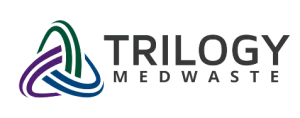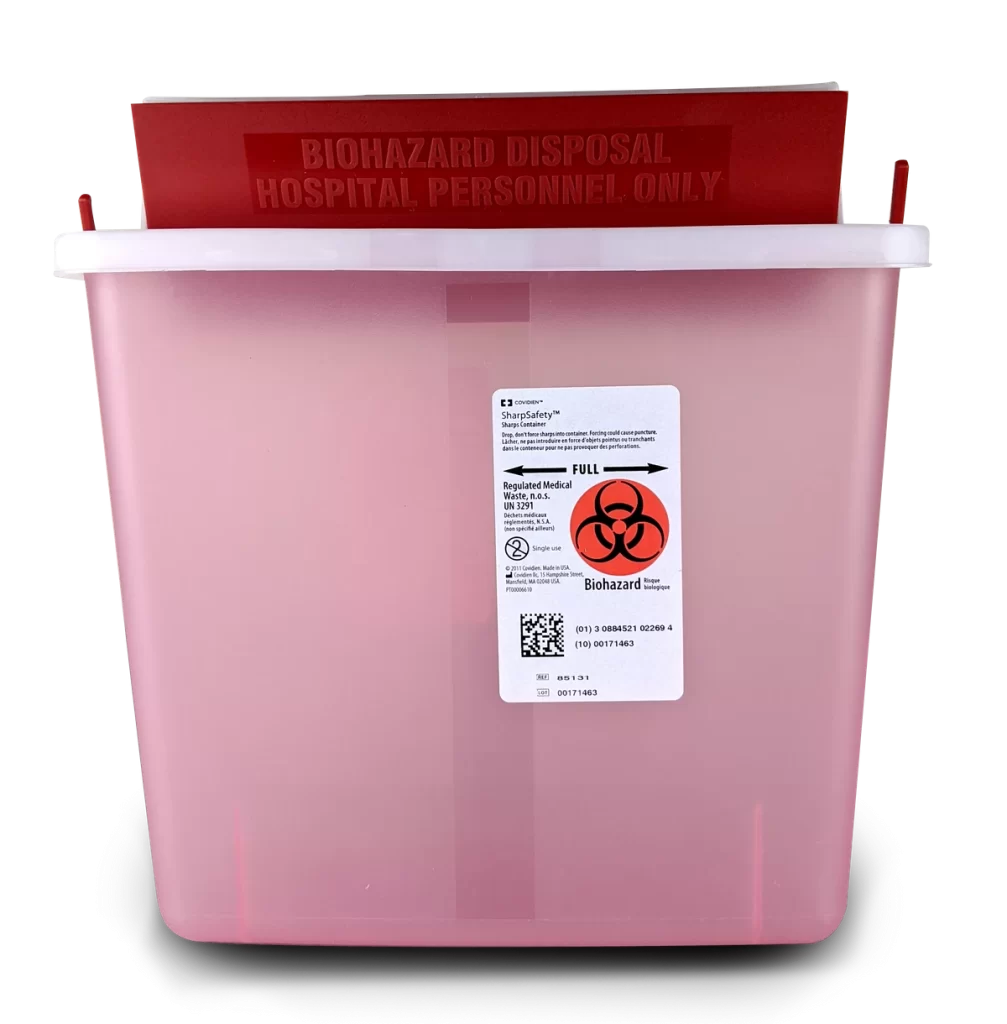North Carolina Regulated Medical Waste Compliance Standards
In North Carolina, the primary regulator of medical waste is the North Carolina Department of Environmental Quality’s (NCDEQ) Division of Waste Management, whose Rules govern the packaging, storage, transportation, treatment, and disposal of medical waste. Other entities that have collaborative roles in medical waste regulation include the North Carolina Department of Health and Human Services (NCDHSS), and, at the federal level, the Environmental Protection Agency (EPA) and the Occupational Safety and Health Administration (OSHA).
How North Carolina Defines Medical Waste
North Carolina identifies six streams of medical waste subject to NCDEQ’s Rules:
- Medical Waste, defined as “any solid waste which is generated in the diagnosis, treatment or immunization of human beings or animals, in research pertaining thereto, or in the production or testing of biologicals, but does not include any hazardous waste, radioactive waste, household waste, or those substances excluded from the definition of solid waste.”
- Regulated Medical Waste, defined as “blood and body fluids in individual containers in volumes greater than 20 ml, microbiological waste, and pathological waste that have not been treated.”
- Microbiological Waste, including “cultures and stocks of infectious agents” and “cultures of specimens from medical, pathological, pharmaceutical, research, commercial and industrial laboratories.”
- Pathological Waste, including “human tissues, organs, body parts, secretions and excretions, blood and body fluids that are removed during surgery and autopsies; and the carcasses and body parts of all animals that were exposed to pathogens in research, were used in the production of biologicals or in the in-vivo testing of pharmaceuticals, or that died of known or suspected infectious disease.”
- Blood and Body Fluids, including “liquid blood, serum, plasma, other blood products, emulsified human tissue, spinal fluids and pleural and peritoneal fluids.” Excluded from this category are “dialysates, feces, or urine if not removed during surgeries and autopsies.”
- Blood and Body Fluids in Individual Containers in Volumes of 20 ml or less, which may be “disposed of in a municipal solid waste landfill or the liquids in the sanitary sewage system.”
Special Rules for Handling Sharps
While North Carolina does not include sharps in the streams of medical waste listed above, they are subject to being handled according to its Rules. Sharps (needles, syringes and scalpel blades, syringes with attached needles, capillary tubes, slides and cover slips, lancets, auto injectors, connection needles and sets, exposed ends of dental wires, and objects that can penetrate the skin) are to be “placed in a container that is rigid, leak-proof when in an upright position, and puncture resistant. The container may then be disposed of in a municipal solid waste landfill. Any OSHA requirements for labeling and packaging must also be met. Generators should contact their local government to confirm that there is no local restriction against disposing of sharps in the landfill.”
Medical Waste Generators in North Carolina
The following categories of medical waste generators are identified under North Carolina’s medical waste rules:
- Healthcare Facilities (Hospitals, Clinics, Nursing homes, Outpatient surgical centers, Dialysis centers, Emergency medical service providers (ambulances))
- Laboratories and Research Facilities (Clinical and diagnostic laboratories, Research institutions conducting experiments involving infectious agents, Educational institutions with biology or medical research programs)
- Veterinary Facilities (Veterinary hospitals and clinics, Animal research facilities, Animal shelters and control facilities handling infectious waste)
- Residential Generators (Individual households generating small amounts of medical waste, such as sharps (e.g., needles, syringes) used for personal healthcare purposes)
- Blood Banks and Plasma Centers (Facilities collecting and processing blood and plasma)
- Pharmaceutical and Biotech Companies (Manufacturers and facilities involved in the production, testing, or research of pharmaceuticals and biological products)
- Funeral Homes and Mortuaries (Facilities handling human remains and waste potentially contaminated with infectious agents)
- Tattoo and Body Piercing Facilities (Facilities generating sharps or other potentially infectious waste during procedures.)
- Other Generators (Dental offices, Long-term care facilities, Correctional institutions with on-site healthcare services)
Labeling Regulations
North Carolina calls for medical waste to be labeled in accordance with Rules set forth in section 15A NCAC 13B .1203. Labels on each package must: “ (A) state that the content is an “infectious substance” or a “biohazard;” (B) the generator name, physical address, and phone number; (C) the transporter name, physical address, and phone number; (D) the treatment facility name, physical address, and phone number, unless the label contains a tracking number that corresponds to a record that includes the treatment facility name, physical address, and phone number, and the record is provided to the Division at the time of inspection and upon request; and (E) the date of shipment from the generating facility, unless the label contains a tracking number that corresponds to a record that includes the date of shipment, and the record is provided to the Division at the time of inspection and upon request.”
Storage Duration
The maximum allowable time for storing untreated medical waste depends on whether refrigeration is used:
- Without Refrigeration:
- Generators can store untreated biohazardous medical waste for up to 7 days under normal conditions.
- With Refrigeration:
- If not treated within 7 days, regulated medical waste must be refrigerated at an ambient temperature between 35°F and 45°F, and may then be stored for up to 30 days. This requirement ensures the waste remains non-putrescent and contained in a safe, controlled environment.
Additional Storage Requirements
- Packaging: The waste must be securely contained to prevent leakage or exposure. Proper containers include red biohazard bags and puncture-resistant sharps containers, both of which must be clearly labeled with the biohazard symbol.
- Storage Area:
- The storage area must be:
- Secured to prevent unauthorized access.
- Maintained to prevent nuisances like odors or pest infestations.
- Protected from environmental conditions like heat or rain, which might compromise the waste or its container.
- Markings: Containers must include clear labels indicating the type of waste, the date of accumulation, and contact information for the generator.
Treatment and Disposal Regulations
North Carolina calls for medical waste to be packaged and stored in compliance with rules set forth in 15A NCAC 13B .1202 and 15A NCAC 13B .1203. Medical waste cannot be compacted and must not be allowed to become putrescent. Additionally:
- Blood and body fluids in individual containers in volumes greater than 20 milliliters shall be disposed of by sanitary sewer if the local sewage treatment authority has been notified; or treated by incineration or steam sterilization.
- Microbiological waste shall be treated by incineration, steam sterilization, ozonation, microwave, or chemical treatment.
- Non-hazardous pharmaceutical waste shall be treated by incineration or disposed of at a municipal solid waste landfill. The requirements of this Subparagraph shall not prevent non-hazardous pharmaceuticals from being returned to the vendor.
- Pathological waste shall be treated by incineration or ozonation.
- Trace chemotherapy waste shall be treated by incineration or ozonation.
- Noninfectious medical waste and blood and body fluids in individual containers in volumes of 20 milliliters or less may be disposed of in a municipal solid waste landfill or treated by the treatment methods as described in this Paragraph. Blood and body fluids in individual containers in volumes of 20 milliliters or less may also be disposed of in a sanitary sewer.
Transportation Regulations
In North Carolina, medical waste must “be transported and stored in a manner that prevents exposure to the environment and inclement weather.” Vehicles used in transportation must “be kept free of leaked, spilled, and unpackaged medical waste,” not contain porous floor coverings, be ventilated, not create a nuisance, and “have a method of leak control or spill cleanup, including decontamination.”
All medical waste generators in North Carolina are responsible for maintaining compliance with local, state, and federal regulations governing the management, storage, treatment, and disposal of medical waste. This content is provided for general informational purposes only and is intended as a high-level overview. For the most current and detailed requirements, please refer to the applicable regulatory authority in your jurisdiction.



